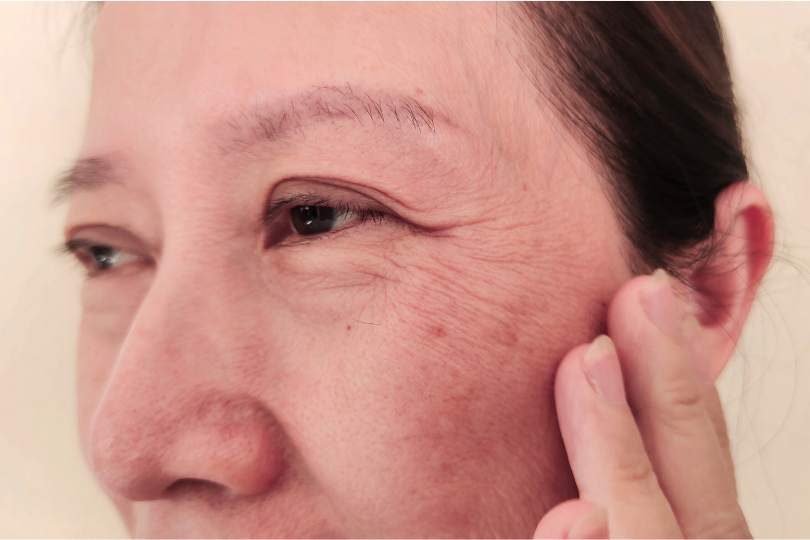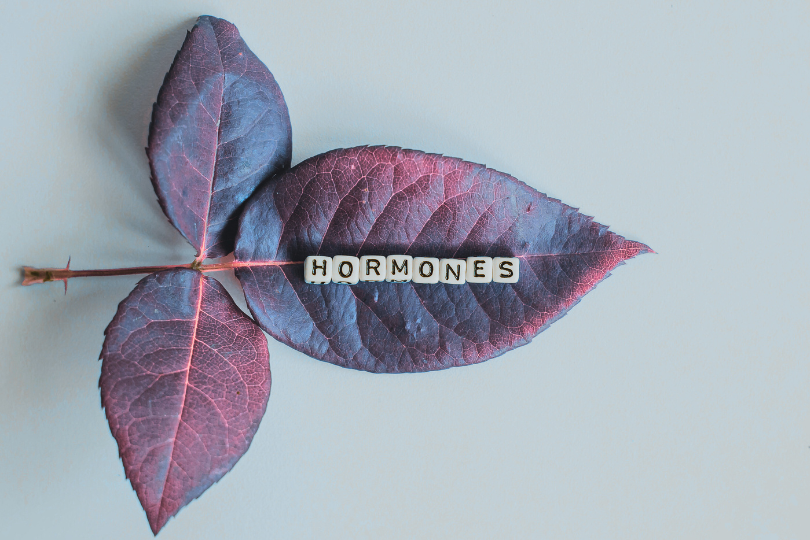With the legalisation of elective egg freezing in Singapore in July 2023, more women are becoming informed about this method for fertility preservation. This knowledge is empowering them to consider egg freezing as a practical choice, giving them greater optionality and control over their family building timelines.
In this article, we will delve into essential factors you should know about egg freezing in Singapore: age requirements, relationship statuses, insurance coverage, corporate fertility benefits, and government support for elective egg freezing and in vitro fertilisation (IVF).
To be eligible for egg freezing, individuals must fall within the age range of 21 to 37. Clinics determine age based on our date of birth, usually counted at the time of egg retrieval. That means that if your birthday falls in December, you have an additional 11 months of eligibility to complete the egg freezing process compared to someone born in January.
There are no relationship status prerequisites for egg freezing as of 2023. However, individuals planning to fertilise their eggs will need a marriage certificate; in other words, the frozen eggs can only be used to have a baby for married couples. That said, Singapore allows the movement of frozen eggs to other countries that may not have such a requirement, providing flexibility for diverse family-planning options.
As elective egg freezing is not medically indicated, subsidies, co-funding, or MediSave support for egg retrieval and storage are currently unavailable. Public hospitals treat elective egg freezing as a fully private procedure, emphasising the importance of financial preparedness for those considering this option.
Insurance coverage varies, with some policies covering fertility screening tests and consultations if there are indications of gynaecological problems. While egg freezing itself is typically not covered, leveraging insurance for preliminary fertility checks can help lower the initial financial barriers. At Taylor, we can help you find specialists that are included in your corporate coverage and help you navigate the claims process. .
Certain companies offer fertility benefits, usually with a lifetime cap and specific conditions on clinics and treatments. The reimbursement process varies depending on the benefits provider. We can help you with this at Taylor, and work with the clinics to leverage your fertility benefits to cover your treatment costs.
While egg freezing is not eligible for Medisave claims, married individuals looking to preserve their family-building options can opt for freezing fertilised eggs (embryos), which will allow the married couple to tap into government policies supporting IVF. Medisave, applicable to both public and private clinics, can be tapped on to fund IVF cycles in Singapore, with a cap of $15,000 in total.This will take a load off the cash you need to fork out for your embryo freezing cycle.

In addition to tapping into Medisave, public clinics like KKH, SGH, or NUH offer subsidies of up to $2200 per embryo freezing or IVF cycle, depending on citizenship, age, and other eligibility criteria. This subsidy will be reimbursable after the completion of embryo transfer (the transfer of your frozen embryo into the womb) when you’re ready to have a child.
Egg freezing has become a topic among women in Singapore. Regardless of relationship status, any woman aged 21-37 can freeze her eggs. There are still no government subsidies for elective egg freezing today, but insurance and corporate benefits can help with some of the costs. Married women can consider freezing embryos (fertilised eggs) to tap on relevant government IVF subsidies.
At Taylor, we will help you find the best arrangements for egg freezing for your personal situation, at no cost. Our desire is to make the process transparent and easy for you, supporting you through every step. Just drop us a note if we can be of help to you!
Interested in exploring egg freezing? Get started here with Taylor - your dedicated egg freezing partner. We find you the best clinic for your fertility condition and budget, handle all appointments and logistics, provide convenient fertility checks - all you have to do is turn up.



If your routine suddenly feels out of step, it’s not your products, it’s your hormones. As estrogen begins to fall, the signals that keep skin strong and hydrated weaken. Dryness, breakouts, pigmentation, and slower healing start to appear, even with the same products you’ve always used. The good news: you can adapt. With smart everyday care (SPF, hydration, retinoids, vitamin C), lifestyle support (nutrition, sleep, stress), and medical options when needed (prescription treatments or hormone therapy), your skin can stay strong and healthy well into your 40s, 50s, and beyond.

No one talks about it, but perimenopause can hit in your 30s or 40s, and it’s not just about your period. Think brain fog, poor sleep, low libido. Here’s what to look out for and what you can do.

Many sexually transmitted infections can lie dormant for months or even years without symptoms. Understanding the facts — and getting tested together — can help you move forward with clarity and care.